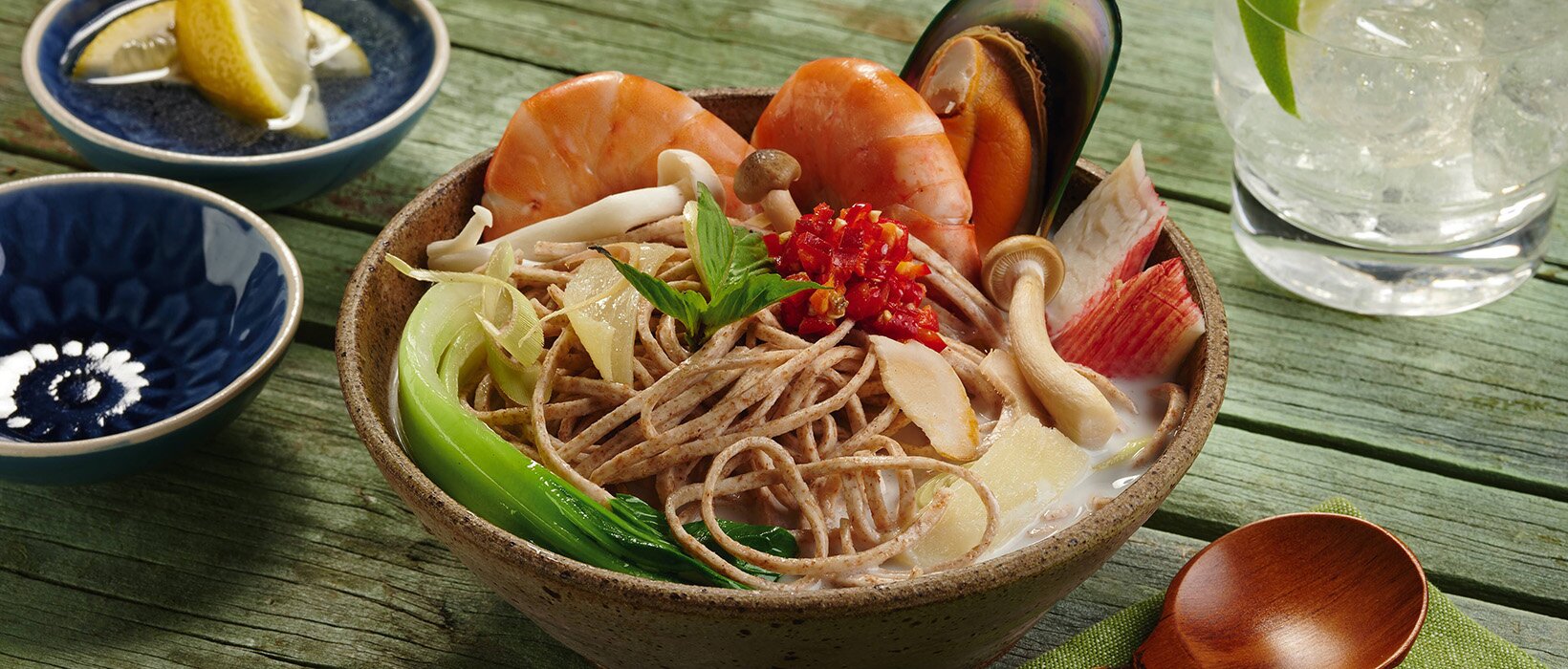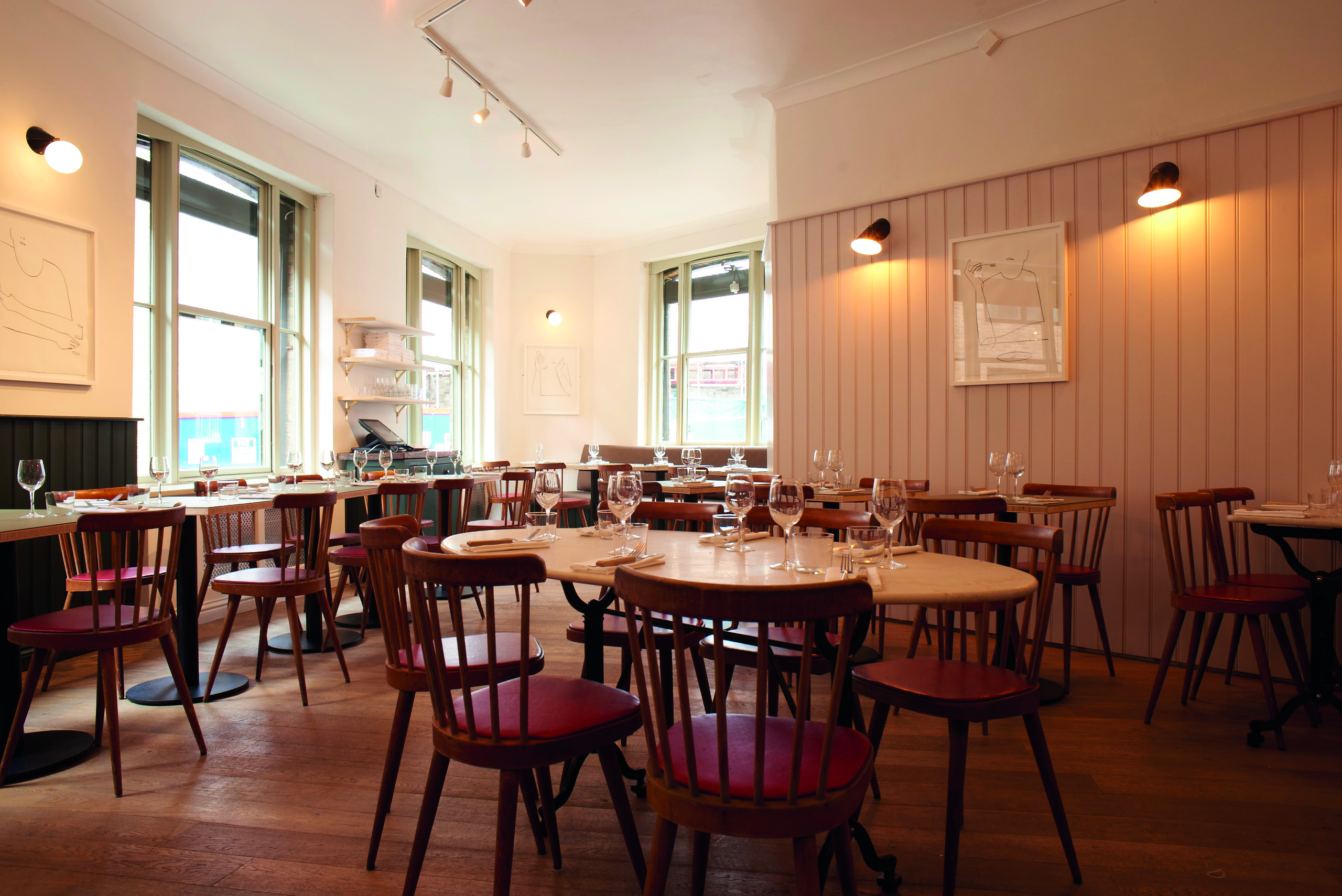Welcome the year of the ox with a Chinese New Year menu
The qualities of the ox – strength, determination and hard work – will stand operators in good stead when looking for ways to celebrate Chinese New Year. Anne Bruce reports on the latest flavours for an authentic diner experience.
Any sort of New Year is progress as caterers attempt to put 2020 as far behind their businesses as possible. Chinese New Year, which falls on 12 February this year, has lots of auspicious augurs for the industry. The Chinese lunar year of the metal ox, 2021’s animal, brings career advancement, success in business, prosperity and wellness for all signs, according to the horoscopes.
Chinese New Year, the two-week Spring Festival, is a regular part of the UK hospitality calendar, with food an integral part of celebrations. Many traditional dishes are symbolic in name and appearance. For example, eating a whole chicken with family members symbolises a united front, explains Maria Chong, managing director at Lee Kum Kee Europe. Tofu is associated with happiness, and eating noodles on Chinese New Year’s Day symbolises good health and longevity.
It is also traditional to braise mushrooms and lettuce in oyster sauce during Chinese New Year for a year of good fortune ahead, as “lettuce” in Chinese is “san choy”, which rhymes with “making money.” So, how best to get celebrating in the year of the hardworking ox, with Covid-19 still casting a shadow across the foodservice and hospitality sector?
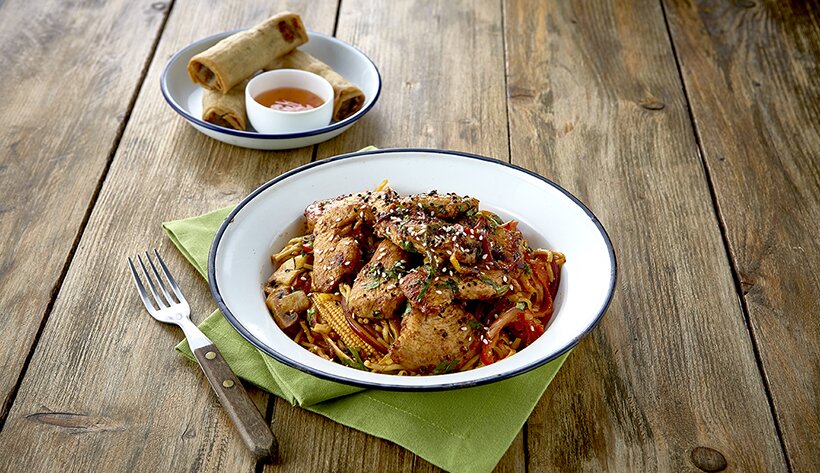
Think regional
Maria Chong, managing director at Lee Kum Kee, says: “At a time when there is less opportunity for travelling, there is more opportunity for caterers to bring rich, authentic cultural experiences to consumers by offering true flavour in dishes.”
Consumers are inspired by the thought of travel and want to experience new flavours. This is supported by Cantonese and Szechuan cuisine gaining prominence, she says.
Scott Dixon, managing director of the Flava People, agrees, stating that the familiarity and popularity of Chinese food in the UK gives chefs the opportunity to dive into more regionally authentic dishes. “For those looking to fully embrace the Chinese New Year celebrations this year, our recommendation would be not to go ‘generic’ in your approach, but to look to the different regions of China, and their specialities, for inspiration,” he recommends.
The Chinese food landscape is vast and has many variations from one region to the next. Rather than creating a dish that is just ‘hot and spicy’, chefs can experiment with bringing in Szechuan dishes such as mapo tofu, dan dan noodles or kung pao chicken, says Dixon.
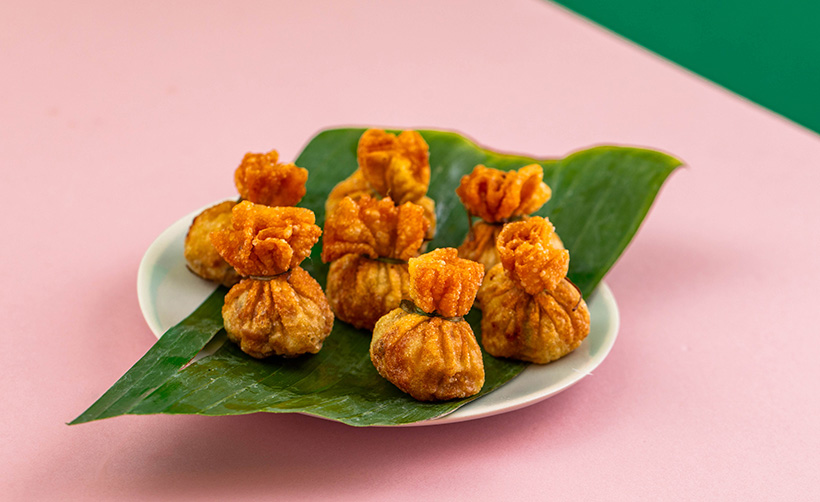
Suppliers are developing their roster of convenient regional specialities, as Dixon explains: “At the Flava People, we’ve seen the demand for more regional variations slowly build over the last few years so we have been working to develop products to help caterers easily level-up when it comes to developing a Chinese menu, such as our new Szechuan chilli crisp sauce, a textured, crunchy condiment, which is becoming very popular.”
While Britain’s best-loved Chinese noodle dish is chow mein, in recent years the UK’s familiarity with east Asian cuisine has progressed to embrace a wider variety of regional dishes. Greta Strolyte, brand manager at noodle specialist Lucky Boat, warns operators away from limiting options to stir-fries, and recommends curries, soups and even salads.
Chong explains: “It’s clear that consumers are keen to explore new flavours and ingredients. Working closely with ingredient suppliers who have a wealth of knowledge will help operators.”
Take it easy
Convenient, cost-effective and user-friendly options are important as not every hospitality business will want to turn their full menu over to a Chinese New Year menu rustled up from scratch.
Alison Smith, global product developer for Mars Food, comments that ready-to-use sauces and rice allow caterers to create exciting dishes without having to undergo the time-consuming process of making the sauces from scratch: “Despite the Chinese New Year occasion being a tremendous source of inspiration, for many chefs, the prospect of creating a wide variety of Chinese dishes can be daunting,” she says.
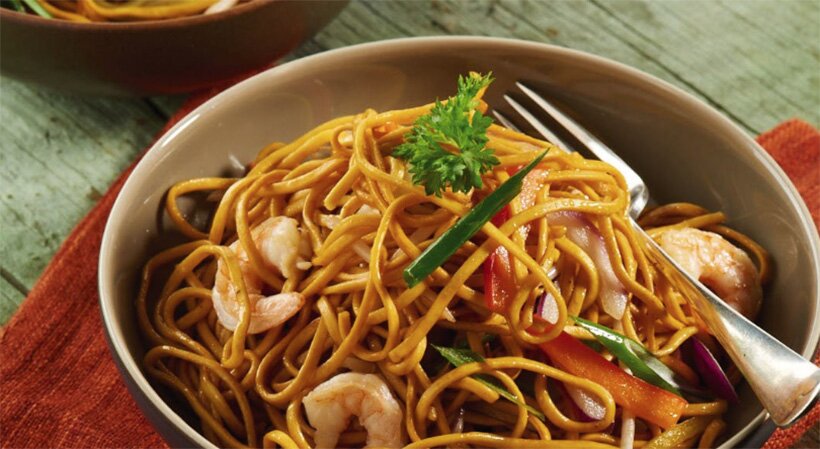
“The best strategy in trialling a new menu specific for Chinese New Year is to keep everything as simple as possible,” Ennevor Yap, director at Wing Yip, suggests. Wing Yip sauces can be used to make speedy and delicious dishes, removing the time and cost of creating equivalent flavours from scratch, he says.
Adding a Chinese New Year theme can be as easy as using a flavoured oil or glaze on a burger. “Coating a pork loin in our Chinese Gold Seal Oil Marinade creates a wonderful char sui pork loin with aromas of star anise, cinnamon and ginger, or our MRC Gold Seal Salt & Pepper Oil Marinade with chicken can be used for a take on a fried chicken burger,” suggests Dixon.
According to Chong, spicy flavours are on-trend, so there is opportunity to pull Chinese flavours and sauces into traditional British dishes. She suggests using Lee Kum Kee’s chilli garlic paste or chiu chow chilli oil as a base for anything from mashed potatoes to ribs and wings.

Green new year
Chefs and caterers are advised by suppliers to make any Chinese New Year menu as inclusive of customers with special diets as they can. This means including non-meat and plant-based dishes, for vegetarians, vegans and flexitarians, and bearing in mind other special diets and increased demand for healthy eating options. There are plenty of non-meat options that lend themselves to Chinese cuisine, for example, Yap tips jackfruit as a meat substitute that works well. He says: “In Asian cuisine, we have seen a rise in the popularity of jackfruit, which is a good alternative to pulled pork, due to its soft texture and is increasingly used as a meat alternative in Asian cooking.”
Dixon at the Flava People adds that it is a simple matter of giving plant-based dishes the same thought, care and attention as any meat or fish dish: “Across the globe, and in Chinese cuisine, there are some brilliant plant-based dishes that can be used as inspiration. Try marinading tofu in a flavoured oil or glaze, which can impart as much flavour as it would on chicken, or adding soy mince and a punchy chilli sauce to stir fried greens.”
Smith points out that the Uncle Ben’s Professional sauces are suitable for gluten-free diets and vegetarians, meaning caterers can use them to easily create vegan dishes.
Equally, Lucky Boat offers vegan wholewheat noodles, which tick the right dietary boxes as consumers become more health-conscious.
“These wholewheat noodles offer a great example of how Asian cuisine can still be enjoyed by those choosing an improved diet without sacrificing on taste,” explains Strolyte. “They offer chefs and operators an on-trend, great quality product, which will elevate their menus and offer a point of difference.”
As the Year of the Ox dawns, as lettuce or ‘san choy’ is an auspicious food for ensuring a year of good fortune ahead, operators looking to avoid the bad luck of 2020 would be wise to add some greens to their menus.
Suppliers
Flava People www.theflavapeople.com
Lee Kum Kee www.lkkprofessional.com
Lucky Boat www.luckyboatnoodles.co.uk
Mars www.aimiafoods.com
Wing Yip www.wingyip.com


